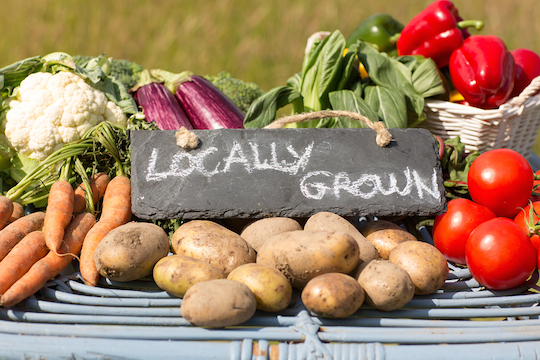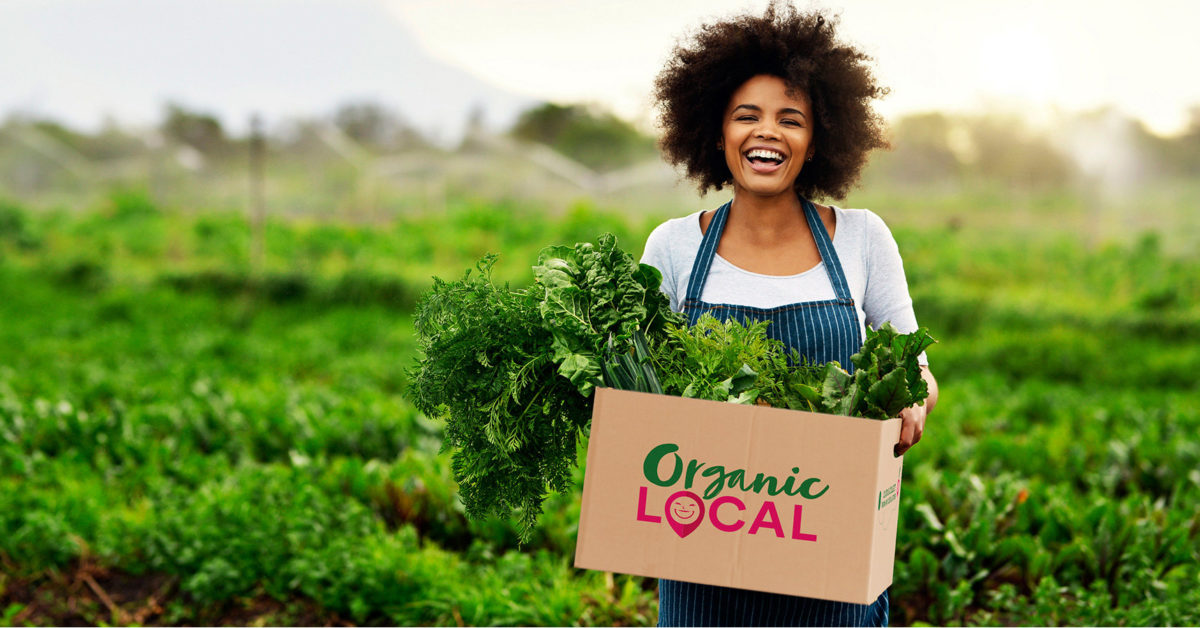When it comes to our health, many of us are concerned about the foods we eat. We want to make sure that we are eating healthy, nutritious food that is good for our bodies. But what exactly does that mean? There are a lot of discussions these days about the benefits of eating local or organic: which is healthier? Let’s take a closer look at both options and see which is the better option for you?
Local or organic food: Which is healthier:
People are becoming conscious of their eating habits and have a healthier lifestyle. Considering to the better and healthier food options. We get two solutions organic and local food. Between these healthier options, both have their pros and cons when it comes to nutrition and the environment. So which is the better option for you? Read on to find out!
In this era, people had invented different chemicals fertilizers to enhance the growth of the crops, and pesticides to protect them from pests. Is it possible to have a safe organic diet? Our local products are better than organic products?
What is Organic Food?
Farmers grow organic foods without the use of synthetic pesticides and fertilizers. These chemicals can be harmful to your health, so eating organic is a great way to avoid them. Organic farmers also strive to minimize their impact on the environment. They use sustainable farming practices that protect soil and water quality.
Organic food is usually planted in rural areas because of a better climate and geographical location
Benefits of Organic Products:
Organic products have become popular not just because they are healthy, but also because people are becoming more aware of the dangers of synthetic chemicals and how much harmful they are for health.
Usually, farmers harvest organic products before they are fully ripe. So, when the products arrive in the city center; such food is ready to be sold. Farmers make sure no pesticide is used in organic products.

To be an organic producer, there is a need to follow the strict laws set by the government to ensure that organic products are chemical-free. Organic producers must have USDA approval which serves the organic food sector and ensures products are free from synthetic pesticides. USDA also checks no genetically modified organisms(GMO) or growth enhancers are present in such products.
For organic meat, livestock, and dairy products, producers must present non-GMO livestock with access to check to visit the livestock for the whole year. The USDA approval is followed by both the United States of America and Canada.
RELATED POST: 10 Common Mistakes in Cooking
The Downside of Organic Products:
The main downside of organic food is that it can be more expensive than conventionally grown food. Organic farming is labor-intensive, so the produce often costs more at the grocery store.
Local Products and Their Benefits:
Local products are grown within the same locality or a 100-400 miles radius.
One of the main benefits of buying local food is that it supports your community. When you buy food from a local farmer, you’re helping to keep your community alive and thriving. Local farmers also use sustainable farming practices, so you can feel good about supporting them.
For local products, there is no need to get a USDA certification.

Seasonal and Local Products:
The emergence of technology had its fair share of shaping the food industry thru transportation. There are products that are available throughout the year and are exported to different places worldwide.
Seasonal and local foods are usually fresher and tastier than out-of-season produce. Which is usually shipped from far away. They’re also more environmentally friendly since they don’t have to be transported as far. You can find seasonal and local foods at farmers’ markets, community-supported agriculture farms, and local grocery stores.
Many have urged restaurants to not just serve the latest trendy dishes in the culinary world but rather to serve locally grown produce that is available in different seasons.
Organic vs. Local: The healthier one
Some studies show that locally grown produce is healthier. Products that are handpicked and harvested at the right time are healthier compared to products that are harvested before or after they are fully ripe.
Organic or local: which is healthier? Short Answer: Both of them are good for the body.
Moving out and having to clean? What kitchen areas should cleaning include?
Why Shopping in Bulk is the Best Idea
Conclusion
The bottom line is that both local and organic foods have their benefits. If you’re looking for the healthiest option, though, organic foods are the way to go. Organic produce is lower in pesticides, and organic meat and dairy products are free of antibiotics and hormones. But if you’re looking for a more affordable option, local food is a great choice, plus you can feel good helping your local market.

